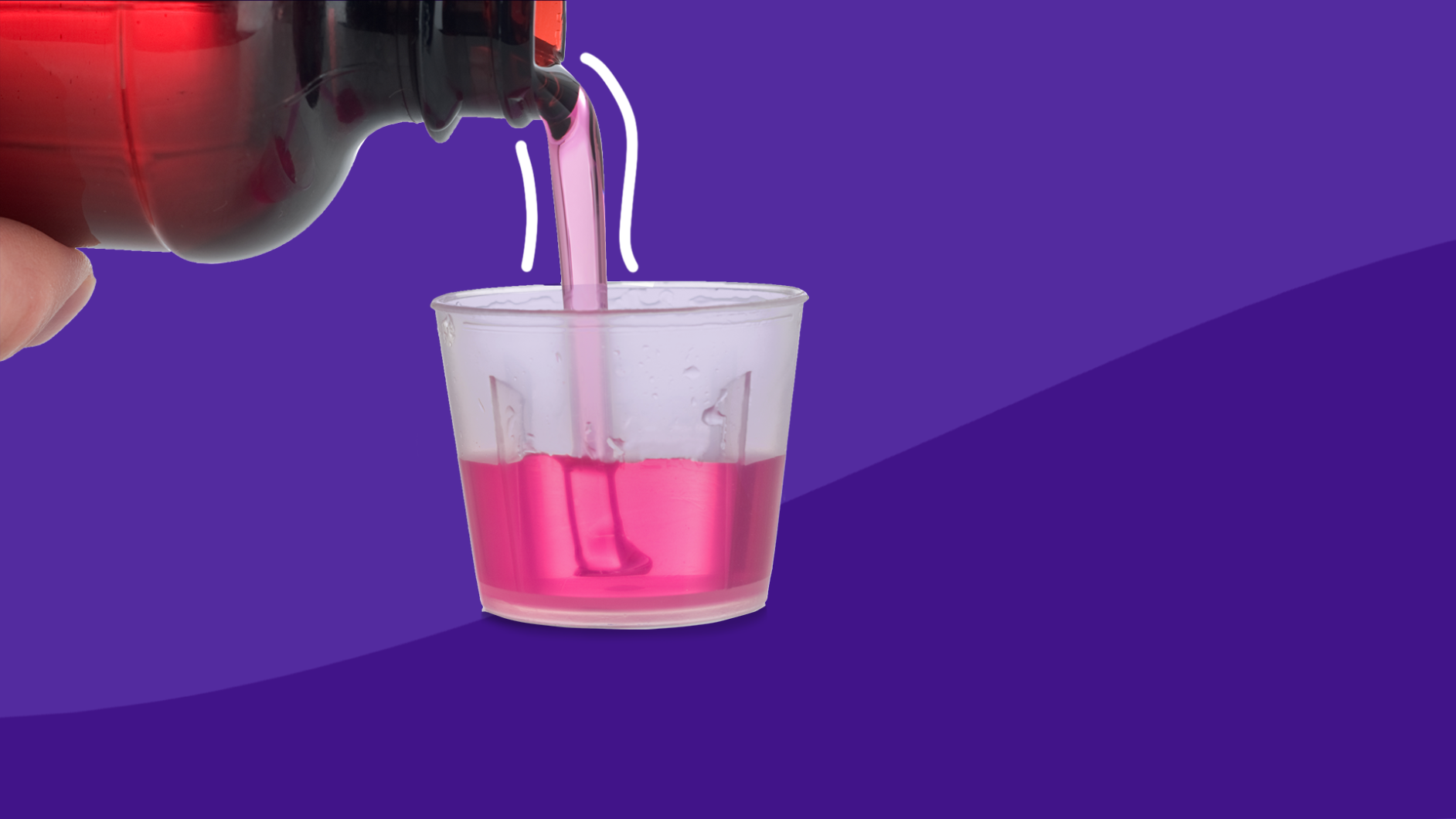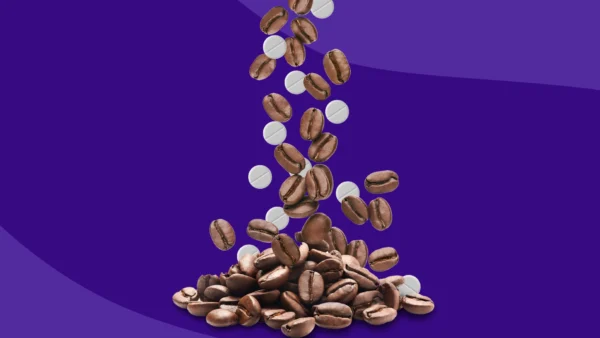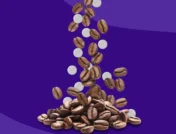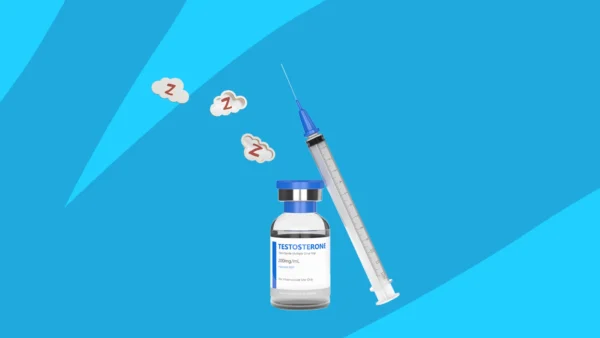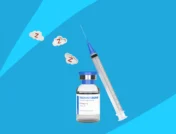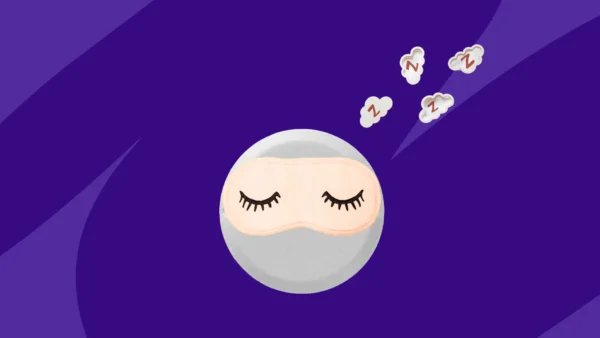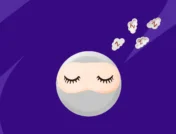It’s common knowledge that prescription drugs can be addictive. But did you know that over-the-counter medications can be misused and abused? Cough syrup is completely safe (and useful) when used as intended. When you take too much—intentionally or by accident—it causes a high, like some illicit drugs. Some types are riskier than others, especially if you have teens or young children at home. Here’s what you need to know to treat that nasty cold and stay safe.
Is cough syrup addictive?
It depends. There are a few different types of cough and cold medications on the market, and some may have ingredients that are considered safer and less risky to have at home.
“There are two different ways that cough syrups may act depending on what medication you take,” explains Kimberly Brown, MD, an emergency physician in Memphis, Tennessee. “One way is to suppress the cough (suppressant), and the other is to help loosen mucus to help it to be coughed up (expectorant).” Based on what they do, the active ingredients are different—and the risk for cough syrup addiction and abuse is different.
Cough suppressants
“Common active ingredients of cough syrup include codeine and dextromethorphan [DXM],” says Kristi Torres, Pharm.D., pharmacist-in-charge with The Austin Diagnostic Clinic Pharmacy and a member of the SingleCare medical review board. “Both of these ingredients have the potential to cause drowsiness and impairment, and also have a potential for abuse.”
(Codeine cough syrups are only available over the counter in certain states, and even then many pharmacies will only dispense with a prescription.)
If a patient has a persistent cough that is interrupting sleep, or impeding their daily functioning and productivity, their physician might prescribe a stronger cough medication. Prescription-strength cough syrups may contain codeine or hydrocodone, which are opioids with potential for addiction.
Many cough syrups also contain alcohol, so patients who struggle with alcohol dependence or are sensitive to alcohol should always check the ingredient list, says Dr. Torres.
Expectorants
“Expectorants typically have guaifenesin, which is a medication that has a much lower risk of someone becoming addicted to it,” Dr. Brown says.
What happens if you take too much cough syrup?
Cough suppressants and expectorants are intended to treat short-term, non-chronic coughs, such as the common cold, in small doses. When they are taken too long, or in too high does, the negative effects come into play.
“Over-the-counter cough syrups commonly contain a medication called dextromethorphan (DXM), which is biochemically similar to codeine,” Dr. Brown says. “When abused, dextromethorphan can cause dizziness, distortion of perception, and hallucinations.” It’s important that if you are taking over-the-counter prescription cough medications, you take them as directed, and that you’re aware of the potential for abuse and addiction in ingredients like dextromethorphan, explains Dr. Brown.
Is cough syrup dangerous?
Misusing or abusing cough and cold syrup can be dangerous or even lethal. “DXM affects the brain like some hallucinogens do, including ketamine and PCP, causing mild to severe hallucinations and out of body experiences accompanied by euphoria,” says Stephen Loyd, MD, an internal medicine physician and associate professor at East Tennessee State University. “During what some users may refer to as a ‘bad trip,’ DXM can cause users to injure themselves, become severely sick, or experience a rapid heart rate.”
What cough syrups are safe?
Cough syrup should ideally be used for extreme coughs, says Dr. Torres. Cough drops, honey, and warm drinks are alternatives that she suggests before reaching for cough syrup.
An example of a medication available that doesn’t include DXM is plain Mucinex (be sure to grab the box that says Mucinex, and not Mucinex DM, which does contain DXM), an expectorant that contains the ingredient guaifenesin. Dr. Brown also recommends benzonatate as an alternative, a prescription cough suppressant that works to numb the throat.
What cough syrups can be abused?
Some of the potentially addictive ingredients that can be found in cough and cold syrup include dextromethorphan (DXM), hydrocodone, and codeine. The list below includes some of the most common cough and cold medications that contain these ingredients.
- Codeine: Robitussin AC, Promethazine with codeine, Promethazine VC with codeine
- Hydrocodone: Tussionex, Hycodan
- Dextromethorphan: Robitussin DM, Mucinex DM, Delsym, NyQuil, DayQuil
Teens and cough syrup addiction: A warning
If your teen has been sick, you might not be alarmed if you spot a bottle of Robitussin DM in her backpack along with school supplies. But, there’s a reason for concern. 3.2% of teens are engaging in cough syrup abuse, according to the 2018 Monitoring the Future Survey, meaning they’re using cough and cold medicine to get high. Cough syrup has been available for decades, and the issue of cough syrup addiction, particularly in teens, has been an ongoing and persistent problem.
The National Institute on Drug Abuse for Teens says that common symptoms of cough syrup abuse include: loss of coordination, numbness, feeling sick to your stomach, excitability, vision changes, and even lack of oxygen to the brain—which can cause brain damage. Mixing medications containing DXM with recreational drugs or alcohol is common and also very dangerous.
Because research shows that teens are already at risk of cough medication abuse, be vigilant if you have cough medication in your home and also have young children or teens.



